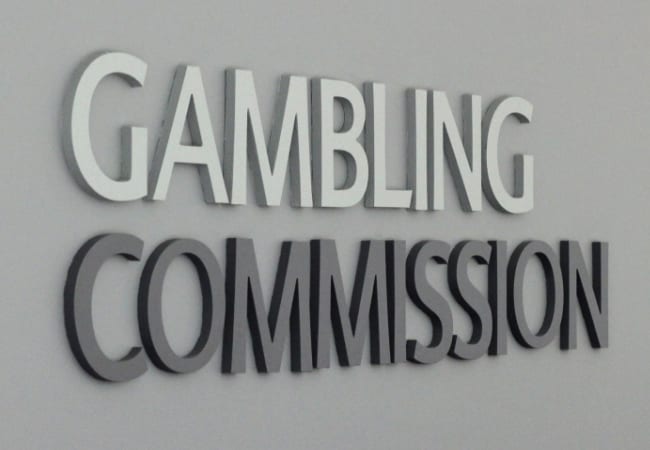Following the release of the Gambling Act review white paper last week, members of the House of Lords criticised the number of measures put out for consultation.
Parliamentary under-secretary of state for the department for culture media and sport Lord Parkinson of Whitley Bay answered questions from members in the chamber regarding the document.
While the Lords broadly welcomed the provisions of the white paper, some felt that the document did not go far enough in some areas. These areas included the number of measures put to consultation and the decision to not further clamp down on advertising.
“Hurry up and wait”
Conservative peer and former chairman of the select committee on gambling harms Lord Grade of Yarmouth said he welcomed “unequivocally” the direction of travel in the white paper.
However, he criticised the dozen measures that the government are to put out to consultation, arguing that primary legislation would not be required for the majority of the white paper’s recommendations. Grade also highlighted the 60,000 responses to the consultation that preceded the document.

“How long will it take to have more consultations?” said Grade. “That is a concern.
“This reminds me of the great saying in the film industry, ‘hurry up and wait’, when you get to the location and everybody is standing around, ready, but nothing happens. We are ready to go with this,” he added.
Parkinson defended the document from these criticisms. While he said that the document sets a “clear strategic direction”, he argued that the government has a duty to follow due process and to consult on detailed processes and their impact.
“There is a difference between the consultation that led to the white paper, on what to do and whether to do it, and the consultation now on how to do it,” said Parkinson.
The peer said the point of this process is not just procedural they would allow the government to get the details right on some areas which have not yet been decided, including the precise level and structure of the statutory levy.
This approach, said Parkinson, would minimise the risk of legal challenge, which would only cause “further delay and frustration” to advocates of reform.
Failure to go further on advertising
Liberal Democrat chair of the peers for gambling reform body echoed sentiments heard in the chamber, calling the proposals outlined in the document “important and welcome steps in the right direction”.
However, Foster criticised the government’s decision to go further on advertising.
“There is clear research showing that advertising leads to people starting to gamble, leads existing gamblers to gamble more and leads those who have stopped to start again,” said Foster.
“Why would the industry spent £1.5bn a year on marketing if it was not to boost its profits? Other countries are taking action to ban or restrict gambling advertising. The majority of the British public want us to do the same. Why is more not being proposed in this country?”
Referring to the voluntary Premier League shirt gambling advertising ban, Parkinson said that he welcomed the action taken in the white paper to stamp out this practice.
“The white paper sets out further detail: sports bodies are working together to design and implement a cross-sport code of conduct to raise standards for gambling sponsorship across the sector,” said Parkinson. “There is detail in the white paper and more work to be done.”